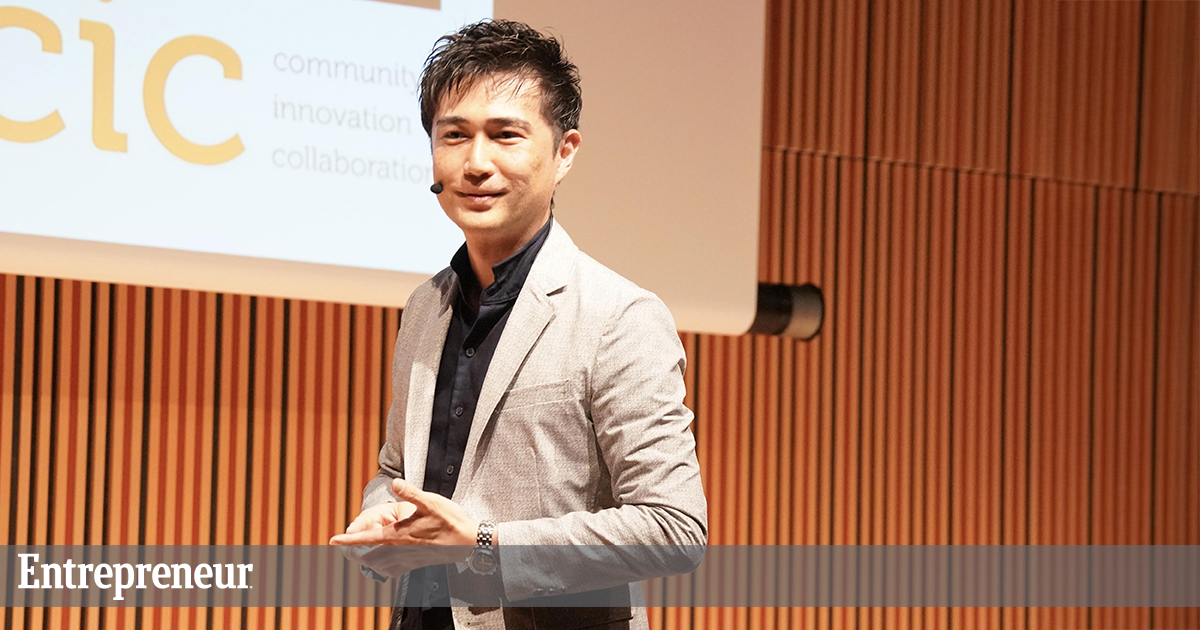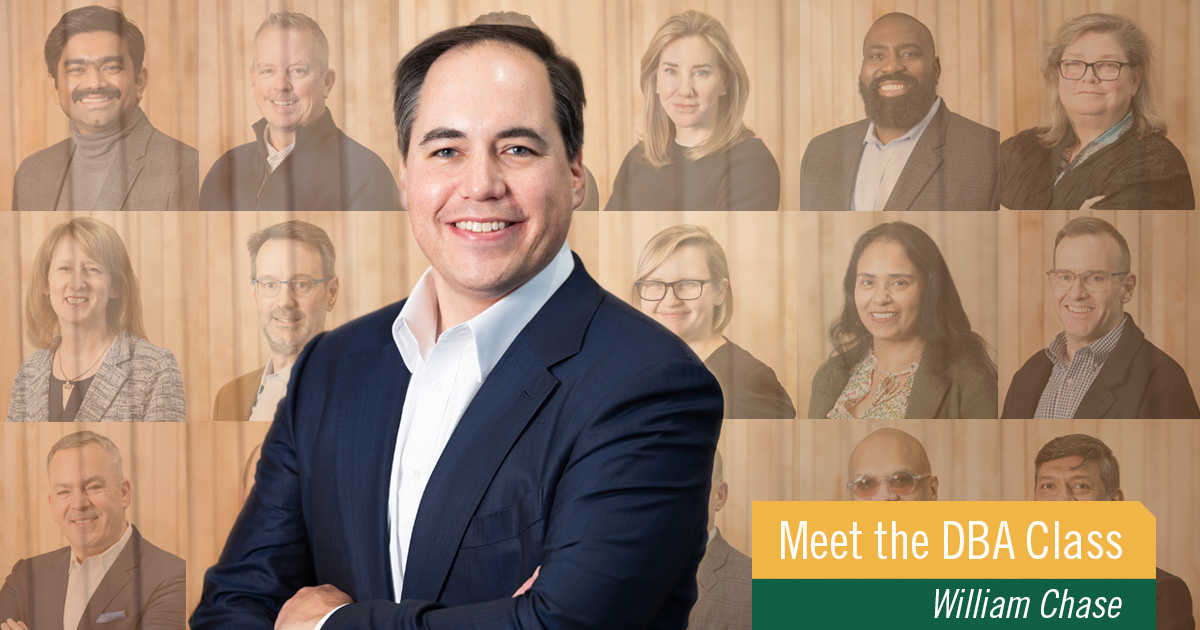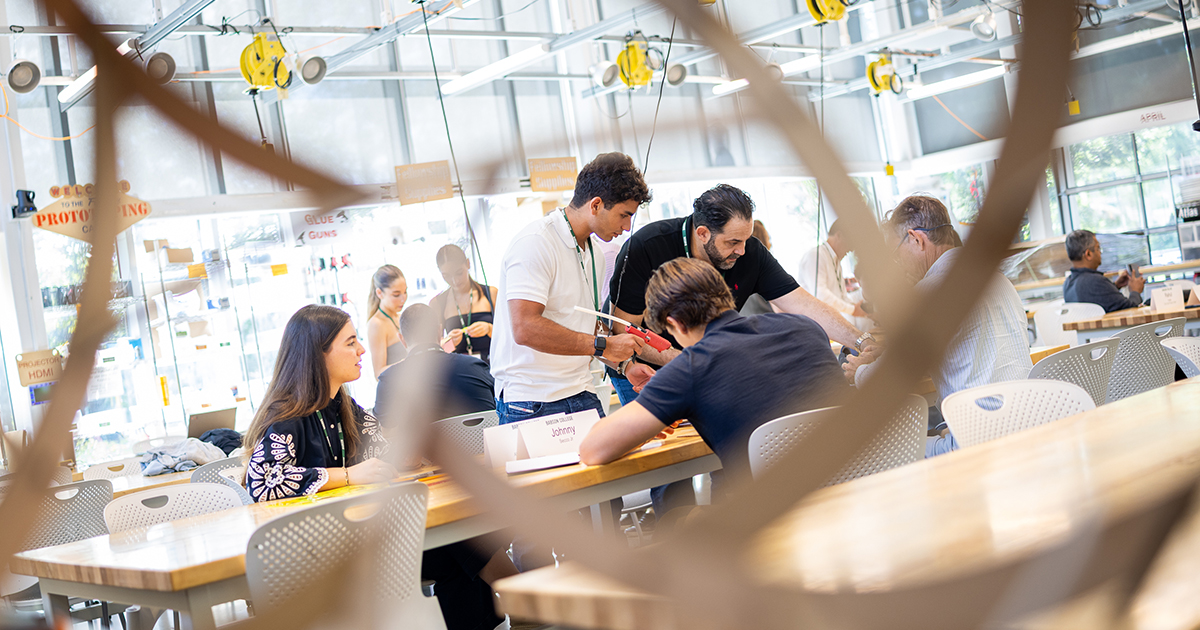I Teach Aspiring Entrepreneurs Why It’s Good to Fail—Here’s How to Turn That Failure into Success

In the world of entrepreneurship, the startups that succeed get the lion’s share of attention. But I argue that there’s more to learn from failed ventures. Accepting failure and learning from it increases the chance of future success.
My students at Babson College, where I am an associate professor of entrepreneurship, have nicknamed me “Dr. Failure,” thanks to a course I teach called “Failure Is Good.” As counterintuitive as this sounds, I urge students to embrace failure as an important source of knowledge and skills.
Editor’s note: This article first appeared in Entrepreneur magazine.
Here are four pieces of wisdom I’ve learned through my research and work with startup leaders about using failure to promote future success.
1. Begin Ventures with a Conversation about Acceptable Loss
I encourage startup teams to hold a “pre-mortem” before or right after launch. An alternative to a “post-mortem,” the pre-mortem is a thought experiment that gives you the chance to talk openly and honestly about what would likely kill your business. Decide how you define “failure” and what you see as an acceptable loss. List the signs that indicate the business is heading that way.
This exercise creates beneficial awareness. In my experience, the more proactive teams can be about failure, the less likely they are to fail. But I must offer this caveat: If your company culture is particularly conservative and risk-averse, use the pre-mortem carefully. I’ve seen some companies so daunted by the possible failure that they abandon a venture before it begins.
2. Draw from Others’ Mistakes
Most startup failures are the result of three types of mistakes, which I group under the acronym TIM. This stands for:
- Mistakes related to talent, including hiring the “bad apple.” Hiring decisions are usually based on recommendations from other people, but I advise listening only to those who have actually worked with the individual in the past.
- Mistaken ideas, such as a failure to validate demand before investing resources, the notorious “solution without a problem.”
- Mistakes in money, like an over-reliance on the revenue made, without sufficient cash. It’s true: Cash is king!
3. Be Astute about Your Failures
Entrepreneurs vary in their ability to learn from their mistakes. My research shows that what leaders view as the cause of their failure influences their ability to rebound and succeed next time. For example, do they blame their own choices or external factors outside themselves?
I studied a group of more than 200 founders of new ventures in Japan and found that those who focused on their own role in the failure—asking questions such as “What could I have done better?”—were more likely to experience growth in subsequent ventures than people who blamed external forces.
Of course, many failures have a mixture of causes, both internal and external—but entrepreneurs who begin by exploring their own mistakes tend to learn more from them and move on to greater success. It’s important to add a caveat here as well: Focusing largely on your own mistakes only benefits an entrepreneur in their first couple of failures. After the third time and beyond, those who find external causes to blame do better, in part because it maintains their self-efficacy and confidence as entrepreneurs.
4. Promote Acceptance of Failure
Develop a healthy attitude about failure and encourage your colleagues to do the same. Try not to get bogged down in shame. Failure is an event, not a reflection of your worth.
I tell my students and clients that there’s always value in failure if they are determined to draw lessons from their mistakes. I encourage them to seek a high ROL, or “return on learning,” from each venture, and ask them to share their MVF, or most valuable failure.
Some executives won’t accept anything less than complete success, but I argue that everyone benefits from increased tolerance for failure. Do you want your teammates hiding their mistakes or would you prefer that they report and openly discuss them so all can improve?
Failure tolerance is beneficial outside the workplace as well. Spanx founder Sara Blakely famously shared that when she and her brother were children, their father would ask them: “What did you fail at this week?” Blakely says this made her open to trying new things and less fearful about risk-taking. I, too, try to normalize mistakes as a normal part of life, and I love hearing from students and clients who now do the same.
The ability to accept and learn from failures not only raises your chances of making smart business decisions for your company, but also increases your value to future collaborators and employers. Indeed, some of my former students have failed at their first entrepreneurial ventures. But their intelligent analysis of what went wrong, as well as the thicker skin and confidence gained by overcoming hardship, has helped them land jobs with tech giants such as Google and Apple or launch promising new companies of their own.
Yasuhiro Yamakawa is an associate professor of entrepreneurship at Babson College whose teaching and research interests focus on entrepreneurial failure, earning him the affectionate nickname of “Dr. Failure.”
Posted in Insights



